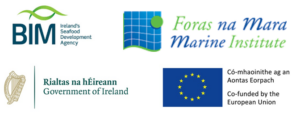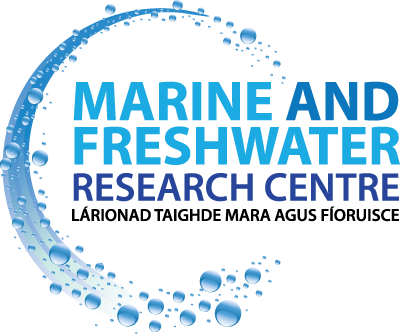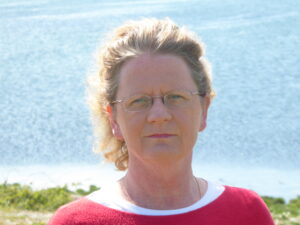The myxosporean parasite Kudoa sp. releases an enzyme when its host dies, giving fish tissue a jelly like consistency. Although the parasite is not harmful to humans, “jelly flesh” can destroy the fillet and renders it commercially unusable. In recent years Irish pelagic processors have noted an increase in the occurrence of jelly flesh in the Atlantic mackerel fishery, possibly due to changes in the distribution and abundance of the stock.
This collaboration between ATU, BIM and the Marine Institute aims to characterise Kudoa sp. infection in the Irish mackerel fishery using molecular and histological techniques, to identify biological and environmental factors associated with infection and to develop tools for mitigating the impacts on commercial fishing and processing operations. The four-year PhD programme (2023-2027) is funded through the European Maritime, Fisheries and Aquaculture Fund.




